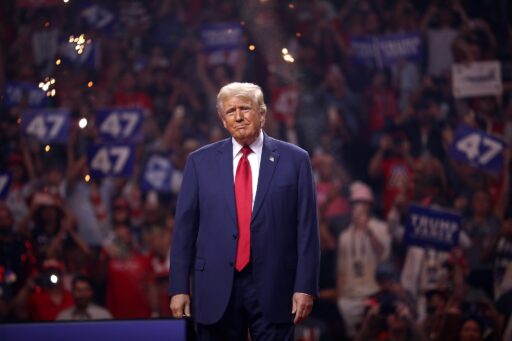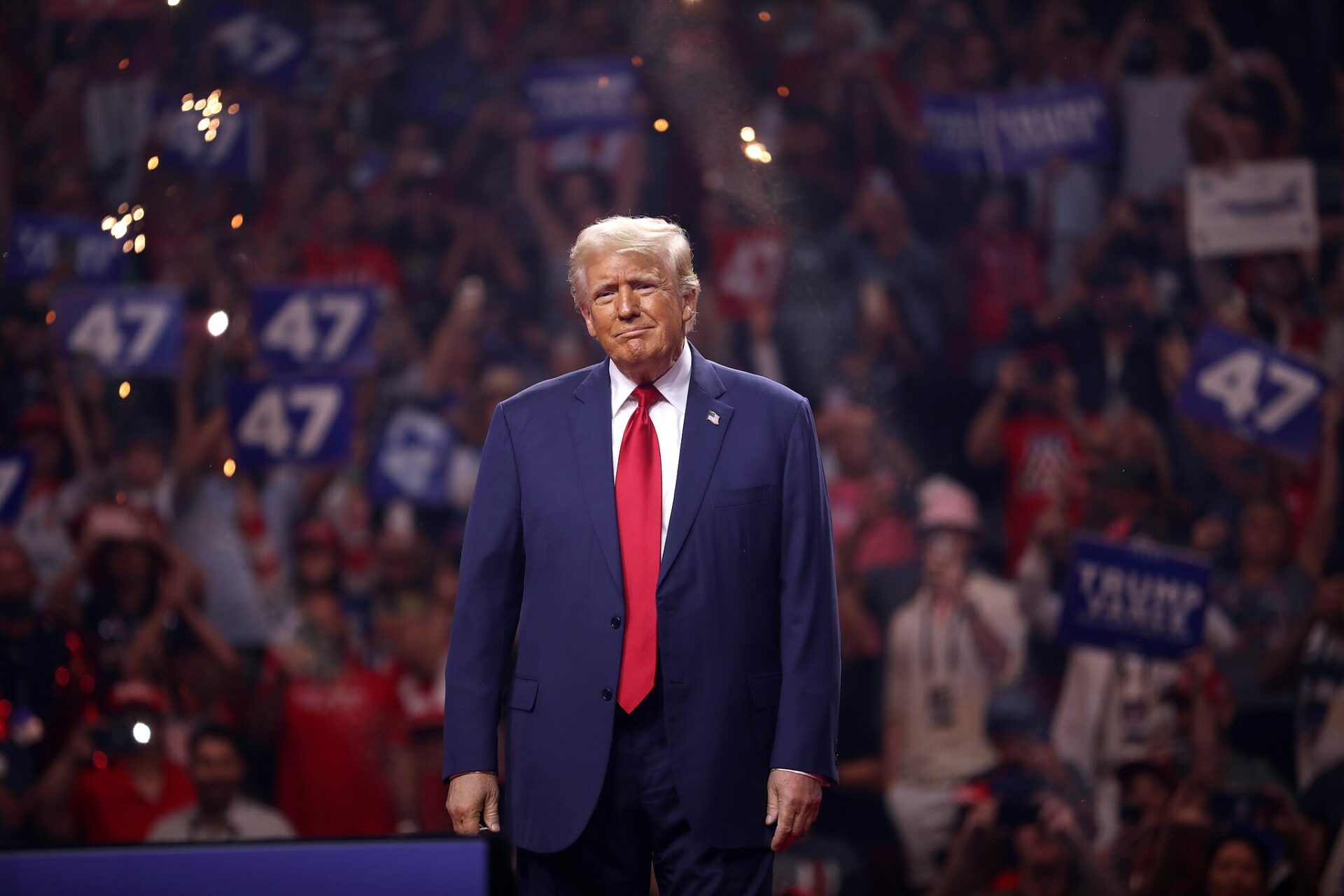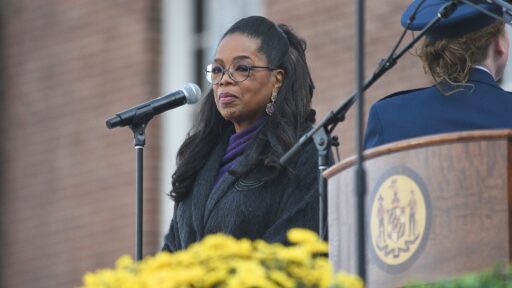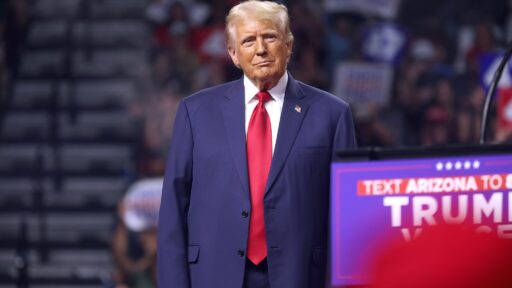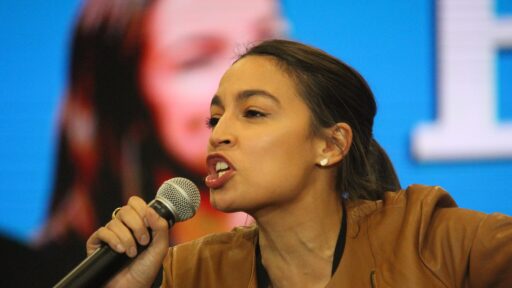This time it’s all or nothing.
Former President Donald Trump recently announced that he would not run for president again in 2028 if he loses the upcoming election to Vice President Kamala Harris. This revelation was made during an interview on the Sunday program Full Measure, hosted by Sharyl Attkisson.
At 78 years old, Trump responded decisively when asked about a potential future campaign, stating, “No, I don’t. I think that will be it. I don’t see that at all.” His comments come at a pivotal moment in the 2024 presidential race, especially after President Joe Biden’s surprising exit from the race following a debate with Trump.
Since becoming the Democratic nominee in August, Harris has seen a notable rise in popularity. An NBC News poll conducted from September 13 to 17 indicates that her favorability has jumped 16 points since July, a remarkable increase in the history of the poll. Currently, Harris holds a 48 percent positive rating compared to 45 percent negative, showcasing her recent momentum.
Despite this surge, Trump’s ratings remain stable, with 40 percent viewing him positively and 53 percent negatively, resulting in a net rating of -13. While both candidates face challenges, particularly concerning voter concerns about inflation and the cost of living, Trump’s support remains steady. According to the poll, a significant majority of voters—66 percent—feel their income isn’t keeping pace with rising costs, and 65 percent believe the country is heading in the wrong direction. These sentiments could play a critical role in shaping the election outcome.
Moreover, as the race tightens in battleground states, where the candidates are often separated by mere percentages, the focus has shifted to undecided voters, whose decisions could determine the Electoral College. Age may also become a significant factor in this election. An Economist/YouGov survey reveals that a considerable portion of independent voters, nearly a third, believe Trump’s age could “severely limit” his ability to govern effectively. In contrast, only 7 percent feel the same about Harris.
In an election environment where both candidates have their strengths and weaknesses, the coming months will be crucial. Voter sentiments on key issues and perceptions about age and capability will likely dictate the strategies of both campaigns as they head toward November. With excitement brewing among both bases, the stakes couldn’t be higher for the future of America.


